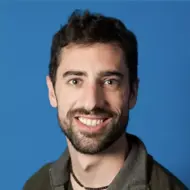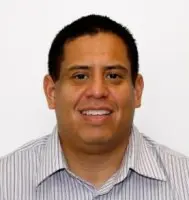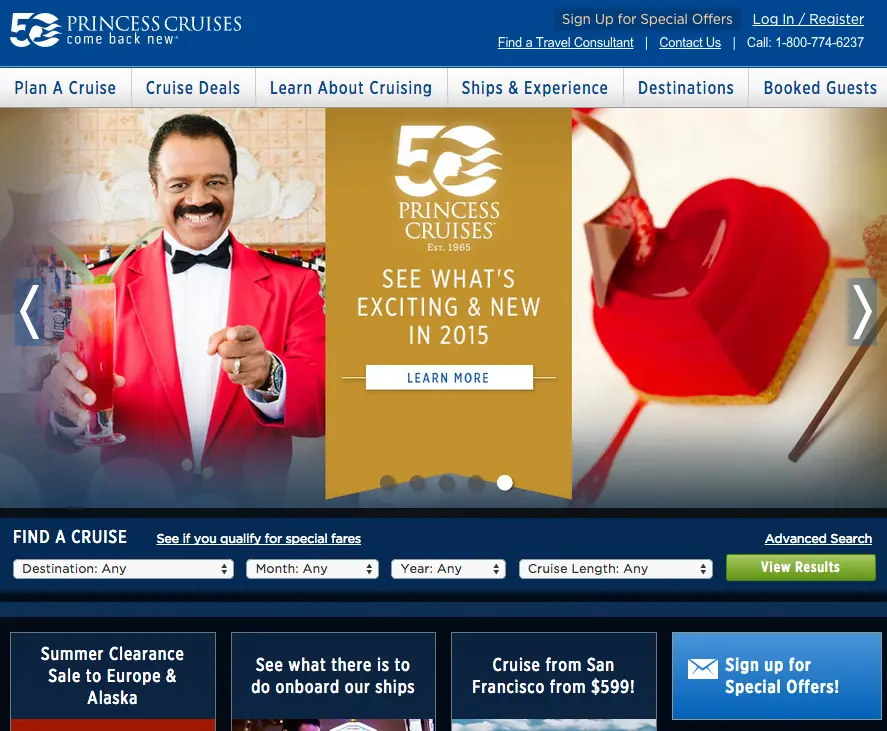An Interview with an Optimizer at Princess Cruises
Princess Cruises takes optimization seriously. The cruise line, part of the Carnival Corporation, has a team dedicated to A/B testing and optimization of the shopping and booking experience on princess.com. In this interview we talk with E-Commerce Project Manager, Abel Ramos about how test ideas can come from anywhere (even cruise guests), why patience is vital for optimization, what he’s excited to share as a speaker at Opticon 2015 and more.



Abel Ramos, Princess Cruises
Abel Ramos is an E-commerce Project Manager at Princess Cruises, a leader in worldwide cruising and part of the Carnival Corporation. He is part of the team responsible for A/B testing and optimization of the shopping and booking experience on princess.com. In this interview, Abel shares how test ideas can come from anywhere (even cruise guests), why patience is vital for optimization, what he’s excited to share as a speaker at Opticon 2015 and more.
What’s your relationship to A/B testing and optimization at your company?
The E-commerce portion of princess.com falls under my team’s scope of work. We are primarily responsible for A/B testing on the pages that make up the shopping and booking experience. We are greatly benefited by having help from our analytics and our user experience teams to form ideas and implement the testing process. The team is then tasked to monitor and evaluate data from the tests.

princess.com
Give us an overview of your Opticon session. What are you excited to share with attendees? What would you say about it in a tweet?
The focus of my presentation, Hypothesize, Analyze, Optimize: Using Hidden Insights to Perfect your Experiment Process, will be the iterative process of testing. You will not always hit a home run on your first at bat and that’s OK. As much as you believe your new design or user experience is the next greatest thing, it may not be. The testing process we are currently undergoing at Princess Cruises for a vital page on our website has taken more time than we imagined, but we are on course to be successful. The key to testing success is to take whatever learnings you can from the tests you run and turn those into new testing elements.
Here is my tweet: If at first you do not succeed, try, try and try again. #optimization #wewillovercome #opticon2015
Which Opticon sessions are you looking forward to attending?
One of the sessions I’m most excited about is Experience Optimization in Modern Web Architecture. I am always intrigued by what everyone thinks is on the horizon for the web and how we can best put it to use at Princess Cruises. It’s a topic that my team is currently exploring so it’s very timely for us.
Another session that is very interesting to me is Testing your Boundaries: Lessons Learned from Testing in International Markets. I work for a global cruise company who is in the process of expanding its reach to attract new cruisers around the globe. The diverse messaging and experiences for visitors from various countries is something we have tried to understand and form for implementation. Any insights from this session may help us complete this analysis.
What excites you about the future of your specific industry/role?
What I find most interesting is that it’s unknown. Web Project management has so many functions and there are always new technologies to discover and incorporate. The basics of what we do has been around for many years; however, how we accomplish it today and how we proceed in the future is already very different than how things have been done only a few short years ago. Testing and the pursuit of creating the best user experience for your guests to ultimately influence purchase is a constant struggle that has so many worthwhile benefits.
The daily morning stand up meeting for the e-commerce team at Princess Cruises.
How does your team come up with test ideas? Does inspiration come from anywhere unconventional?
Our entire web team along with our product testers meets bi-monthly to discuss the feedback we receive on our website, various articles everyone is reading or just discussion overheard in elevators. We receive many ideas from guests we encounter as we travel onboard our ships. We have also formed a private online community made up of past guests that we source ideas from and often turn into testing hypotheses.
What do you think are the must-have skills to be great at optimization?
I learned that flexibility and patience have become very vital. Along with being able to interpret data—which is a cornerstone of optimization—you need the flexibility to be able to take a different direction you may not be comfortable with because that’s where the data is leading you. Patience comes into play as the testing process may take longer than anticipated. Lastly, I would say that it’s important to be able to find small nuggets of information in your data that you may have previously discounted because that may be causing results that you weren’t expecting.
What do you think is a common misconception about website optimization?
That it’s easy and quick. Very often, it could be a drawn out process that could take weeks and multiple redesigns to achieve your established goals.
What advice do you have for someone who wants to get into optimization?
I would say don’t be afraid to start with small testing ideas to begin with. After that, I would educate yourself on some front-end coding like HTML and CSS. The possibilities for testing are endless if you are comfortable with manipulating your test to get the desired variation.
If you could run an A/B test in your life, what would you experiment with?
I often find myself wondering what the effect would be if sign copy or arrangements of amusement parks were tested. On a recent visit to a hotel with my family, I sat in the lobby and critiqued some of the items meant to drive incremental business that many hotel guests were bypassing. Or at some of the well-known amusement parks in Southern California, I would start with a blank slate and see if decisions made in the past would be any different if made today. The possibilities on that would be endless.
What piece of advice has stuck with you through your career?
Be willing to take strategic risks for greater rewards. As long as you have a solid hypothesis on why you’re doing it that’s formed using collected data or published research, there is no reason to have fear or doubt.
What do you read/listen to/watch to stay fresh on news/trends about your industry?
I love items on reddit. I often enjoy not going down conventional paths for information and discovering little nuggets in different sources. There are a lot of topics unveiled on reddit that make me pause and dig deeper into the information being discussed. But I will say for optimization I have been enjoying the Optimizely blog. Many of the ideas there come up in our testing ideas for discussion. Finally, I like to read a lot of books on psychology to help determine what triggers users to make purchasing decisions.
How do you think companies should approach staying focused when it comes to optimization?
Your testing results can speak volumes for you. They can often be greater than any presentation that you could give to your executives. You have to be an evangelist for your testing process and spread the word. Often, your results will be useful to another team within your company.
Images from princess.com
